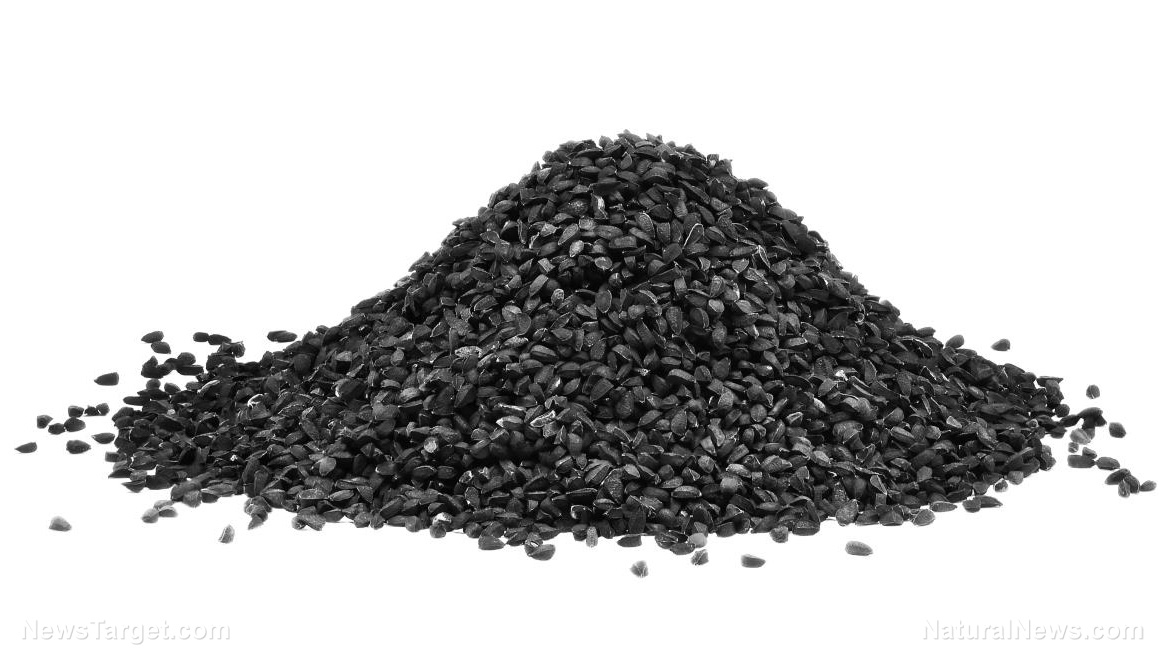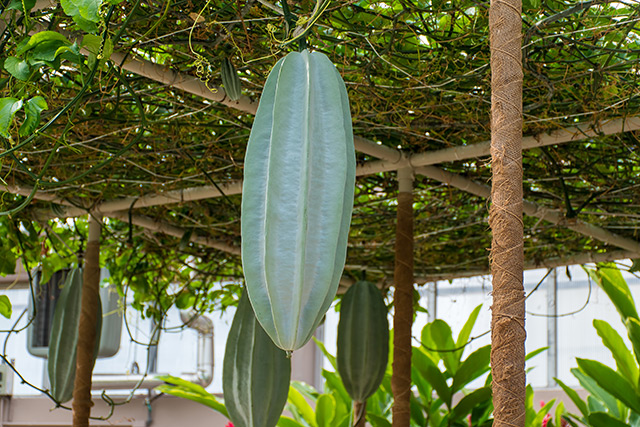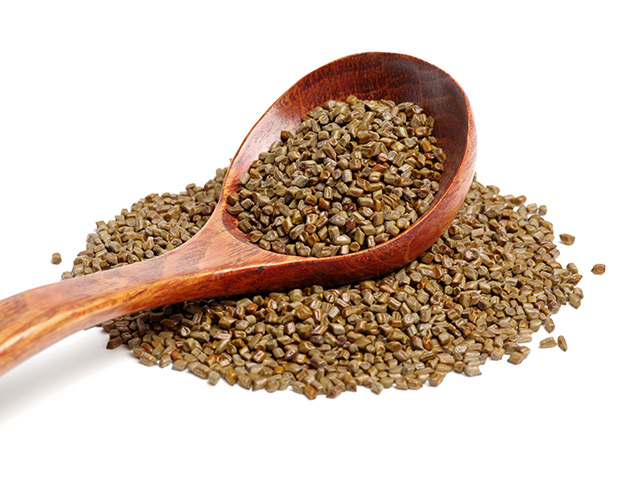No wonder it’s a superfood! Black seed treats a variety of diseases from arthritis to diabetes
10/11/2018 / By Edsel Cook

Iranian researchers conducted a thorough evaluation of various studies involving the therapeutic effects of the traditional medicinal plant Nigella sativa, commonly known as black seed or black cumin. They reported that the seeds and oil of black seed show much promise as a source of natural treatment for all kinds of diseases.
An annual flowering plant of the buttercup (Ranunculaceae) family, black seed is related to many other medicinal herbs such as goldenseal (Hydrastis canadensis). It is endemic to the southwest Asia region, where its seeds are processed into a spice used in Indian and Middle Eastern cuisine.
In addition to its use as a popular spice and source of food, black cumin is used as a natural means of treating sicknesses. Iranian ethnomedicine uses its seeds and oils as ingredients for concoctions that are used to treat rheumatoid arthritis, diabetes, and other ailments.
Black seed has been called a miracle herb or a superfood. It has drawn the attention of many researchers, who are looking at natural and traditional medicines for new sources of pharmaceutical drugs. (Related: Black Seed Oil for Drug Withdrawal and Brain Rewiring.)
Comprehensive review of therapeutic effects of black cumin
A team of researchers from different Iranian universities united to prepare a comprehensive review of all published scientific research involving the therapeutic properties of black seed. The effort was supported by the Shahrekord University of Medical Sciences (SKUMS).
For their review, the researchers turned to both English and Persian language databases such as EBSCO, EMBASE, IranMedex, Science Direct, Scientific Information Database (SID), and Scopus. Through these databases, they enjoyed access to a wealth of scientific journals, many of which published the results of studies on the medicinal properties of black cumin.
Furthermore, they drew information from printed sources in both English and Persian that covered medicinal plants and traditional medicine in the region. The keywords used in both online databases and printed resources were “Black seed,” “Nigella sativa,” “therapeutic effect,” and “medicinal plant.”
The results of their review showed that black cumin exerts a multitude of beneficial biological effects.
The numerous benefits of black seed
Compounds found in black cumin suppresses inflammation caused by cytokines. This accounts for its anti-arthritic effects against rheumatoid arthritis and other chronic inflammatory disorders.
Others reduce the levels of lipids and lipoproteins in the blood. These are responsible for hyperlipidemia, which leads to more serious disorders such as diabetes and hepatitis.
Black seed-derived extracts are used as antibacterial medicines to treat infections caused by pathogens. Likewise, they can inhibit the growth and spread of cancerous cells.
Its essential oil possesses significant antioxidant activity. The plant-based compounds are able to scavenge the reactive oxygen species and free radicals that severely damage cells.
Many of its therapeutic properties are interconnected. For example, its anti-inflammatory, antioxidant, and anti-diabetic effects are related.
Lipids and lipoproteins associated with diabetes cause inflammation by producing cytokines and free radicals. By amending the hyperlipidemia at the root of this problem, black cumin can help control diabetes and reduce the cellular, tissue, and organ damage caused by inflammation.
Black seed’s protective properties encompass the central nervous system, digestive system, immune system, and reproductive system of the human body. It helps prevent uncontrolled convulsions and exerts analgesic effects that help relieve pain.
The researchers summarized that black seed is an abundant source of natural compounds with various medicinal properties. These bioactive molecules could be isolated, studied, and used to create new drugs for various diseases, especially those caused by drug-resistant pathogens.
Find out the benefits of essential oil derived from black cumin and other medicinal plants at EssentialOils.news.
Sources include:
Tagged Under:



















